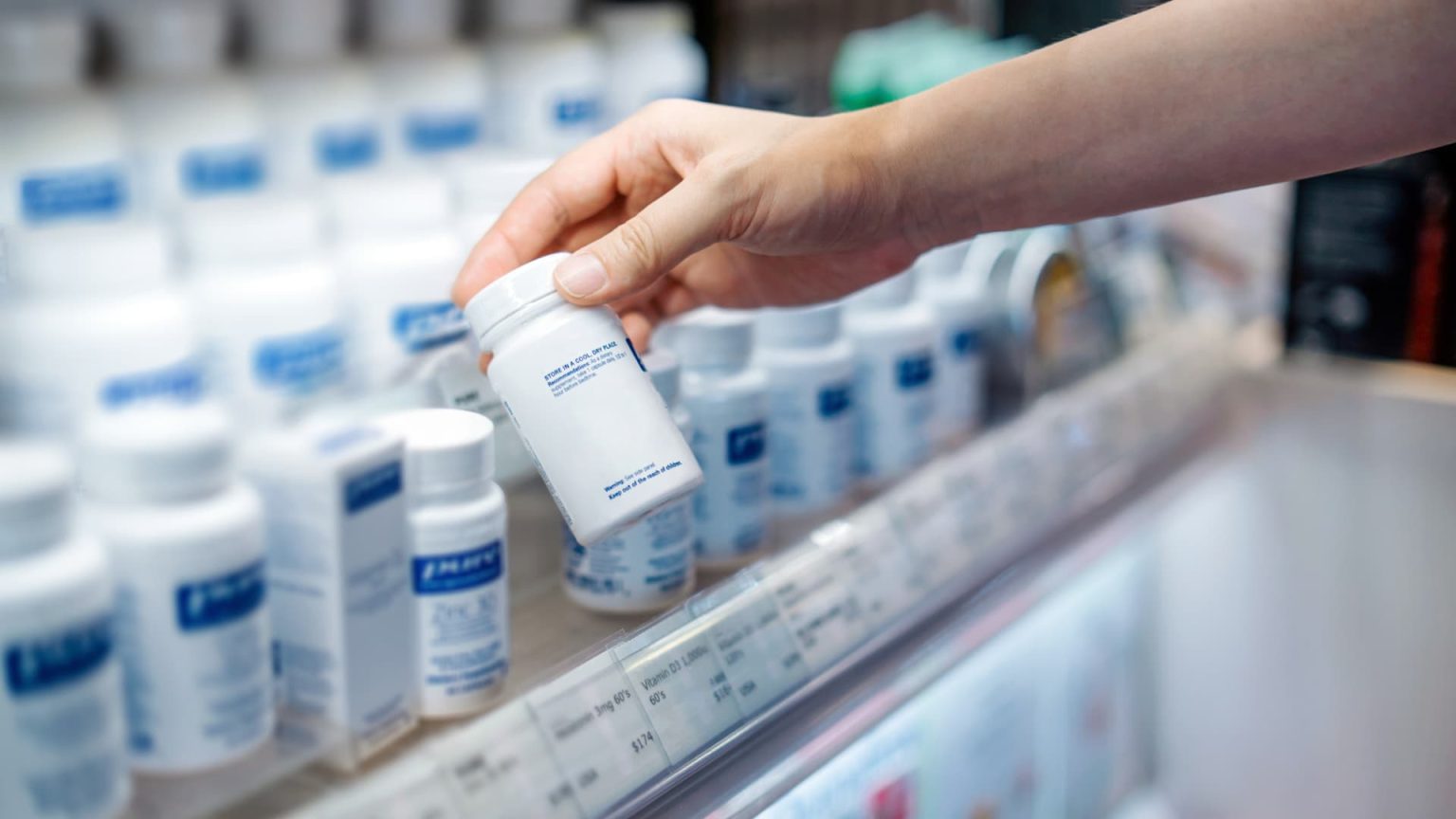Pharmaceutical Industry Faces Uncertainty Amid Proposed Tariffs
The pharmaceutical sector is bracing for potential upheaval as U.S. President Donald Trump warns of a drastic 200% tariff on imported drugs. This announcement follows an investigation initiated in April to assess trade practices in the industry. Analysts predict that if implemented, these tariffs could severely impact drug prices and corporate profit margins, endangering supply chains and ultimately affecting consumers. Industry leaders express concern about the long-term implications of these proposals as they prepare for a potentially volatile market.
| Article Subheadings |
|---|
| 1) Industry Reactions to Tariff Proposals |
| 2) Implications for Patient Access and Prices |
| 3) Manufacturing Relocation Challenges |
| 4) Calls for Tariff Exemptions |
| 5) Future Outlook for the Pharmaceutical Industry |
Industry Reactions to Tariff Proposals
Following President Trump‘s announcement regarding tariffs, a multitude of voices from the pharmaceutical industry have echoed their unease. Companies such as Roche, Novartis, and Sanofi have expressed substantial concern over the potential repercussions of a 200% tariff. In reports, experts from UBS emphasized the immediate negative effects tariffs would likely have on profit margins, as well as the alarming risk of drug shortages.
“A 200% tariff would inflate production costs, compress profit margins, and risk supply chain disruptions, leading to drug shortages and higher prices for U.S. consumers,”
analysts from Barclays noted.
Implications for Patient Access and Prices
The ramifications of such tariffs extend far beyond corporate profit margins; they may significantly affect patients relying on pharmaceutical products. Analysts predict that merely a 25% tariff could increase U.S. drug prices by around $51 billion annually, translating to a rise in domestic prices by up to 12.9%. Afsaneh Beschloss, CEO of the investment firm RockCreek Group, labeled the outlook for patients as “potentially disastrous,” indicating how critical these medications are for the population.
“That would be potentially disastrous for every person because we need those pharmaceuticals, and it takes those companies a long time to produce them here in the U.S.,”
Beschloss reiterated.
Manufacturing Relocation Challenges
As part of the efforts to counteract the impending tariffs, numerous pharmaceutical companies are contemplating relocating manufacturing facilities back to the U.S. While some industry players have committed to investing in domestic infrastructure, analysts highlight that the administration’s proposed grace period of 12 to 18 months is insufficient. According to UBS, “We would usually think of 4 to 5 years as the timeline to move commercial scale manufacturing to a new site.” As firms await additional details on the tariffs’ implementation, the looming uncertainty creates a challenging environment for strategic planning.
Calls for Tariff Exemptions
In light of the tariff discussions, pharmaceutical companies have increasingly advocated for exemptions from the proposed tariffs, underscoring the critical role of their products. Historically, the pharmaceutical sector had been largely insulated from trade tariffs, but this landscape is quickly changing. The recent U.S.-U.K. trade deal reflects some movement towards negotiations that could include preferential treatment for U.K. pharmaceuticals. However, experts warn that prolonged uncertainty will have detrimental effects on both companies and consumers. Bert Colijn, chief economist at ING, observed, “The longer this uncertainty reigns over which sectors are going to be affected, the more negative impact it has.”
Future Outlook for the Pharmaceutical Industry
As the final Section 232 investigation report is expected to be released later this month, the pharmaceutical industry stands at a pivotal juncture. While companies like Novartis and Johnson & Johnson maintain that their U.S. investments will proceed as planned, any further tariff escalations could destabilize the market dynamics. Bayer has also committed to securing its supply chains amid shifting trade policies. With global markets watching closely, the final outcomes of the proposed tariffs and their subsequent negotiations will play a significant role in shaping the landscape of the pharmaceutical industry for years to come.
| No. | Key Points |
|---|---|
| 1 | Proposed 200% tariffs on pharmaceutical products threaten corporate profit margins. |
| 2 | A 25% tariff could raise U.S. drug prices significantly, impacting patients financially. |
| 3 | Companies are considering relocating manufacturing back to the U.S. but face substantial challenges. |
| 4 | Pharmaceutical firms are advocating for tariff exemptions to protect patient access to medications. |
| 5 | The final Section 232 investigation report may dictate future trade policy for the industry. |
Summary
In summary, the proposed tariffs by the Trump administration signal a substantial shift in trade policy that could have far-reaching consequences for both the pharmaceutical industry and American consumers. As leaders within the sector express their concerns, the uncertainty surrounding the tariffs renders strategic planning difficult. With significant potential for price increases and access issues for patients, the outcome of this situation will likely influence the landscape of the pharmaceutical market for years to come.
Frequently Asked Questions
Question: What is the significance of the proposed tariffs on pharmaceuticals?
The proposed tariffs of up to 200% on pharmaceuticals could lead to significant increases in drug prices and severely affect profit margins for companies in the industry.
Question: How might these tariffs impact patient access to medication?
These tariffs could result in higher drug prices, making medications less affordable and accessible for patients who rely on them for their health needs.
Question: What steps are pharmaceutical companies taking in response to the tariffs?
Pharmaceutical companies are considering relocating manufacturing operations to the U.S. and are advocating for exemptions from the proposed tariffs to safeguard access to their products.


